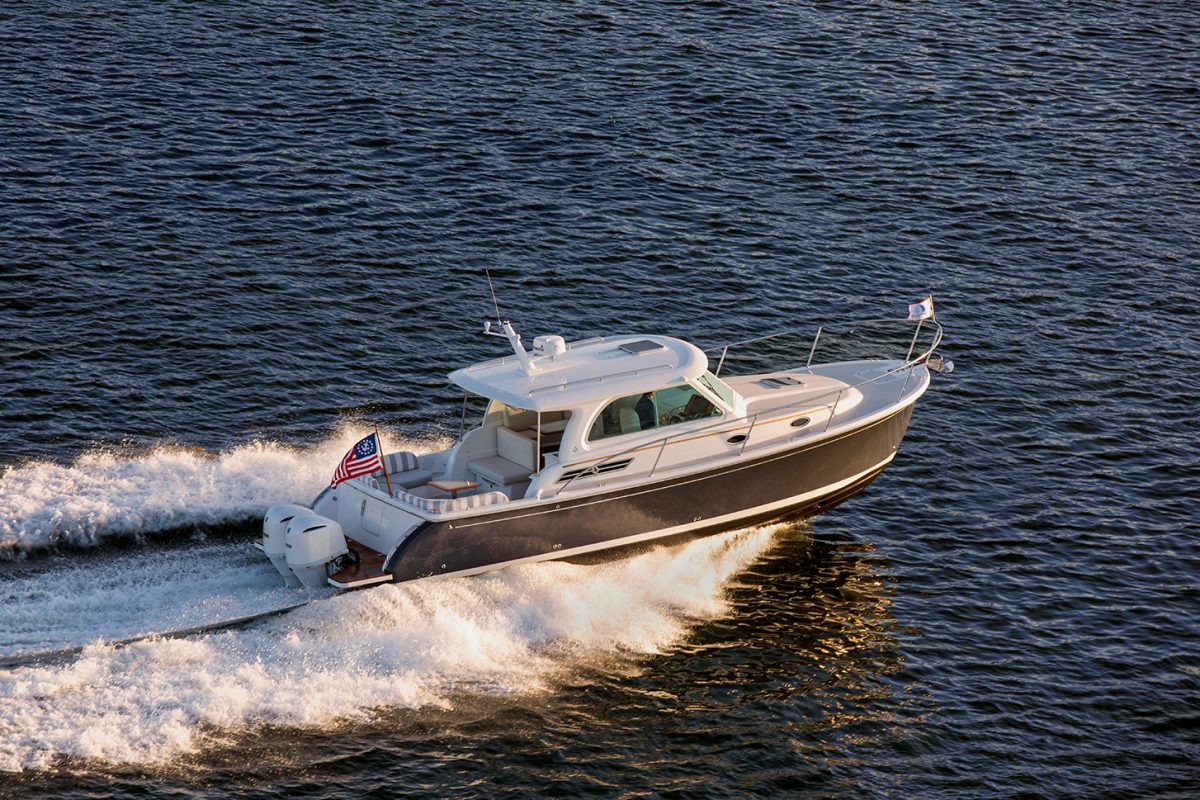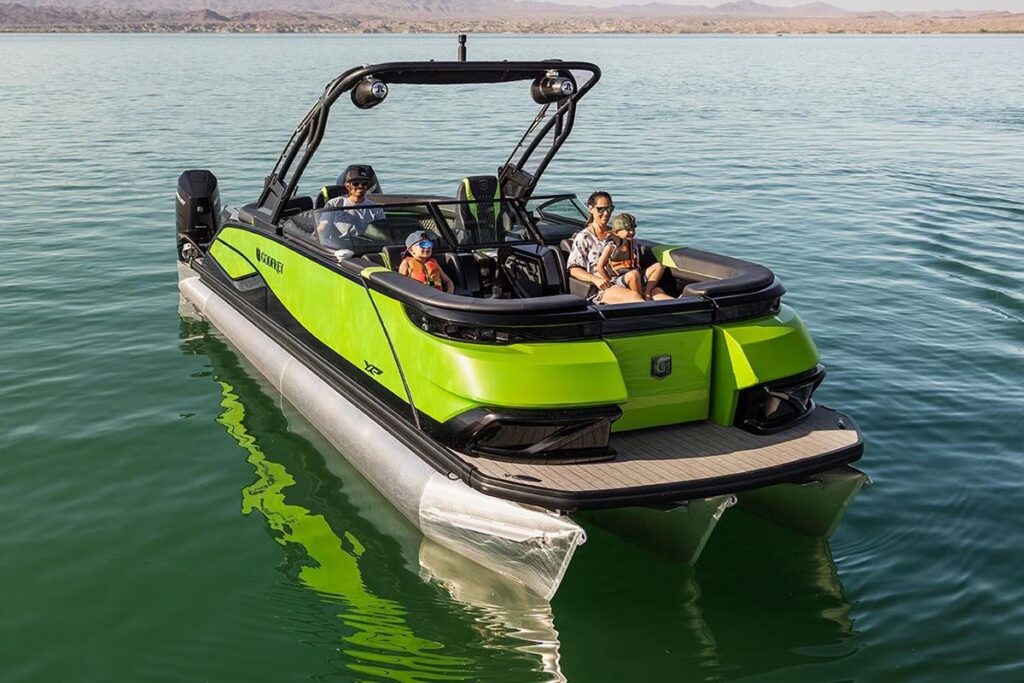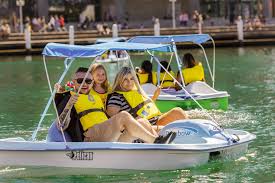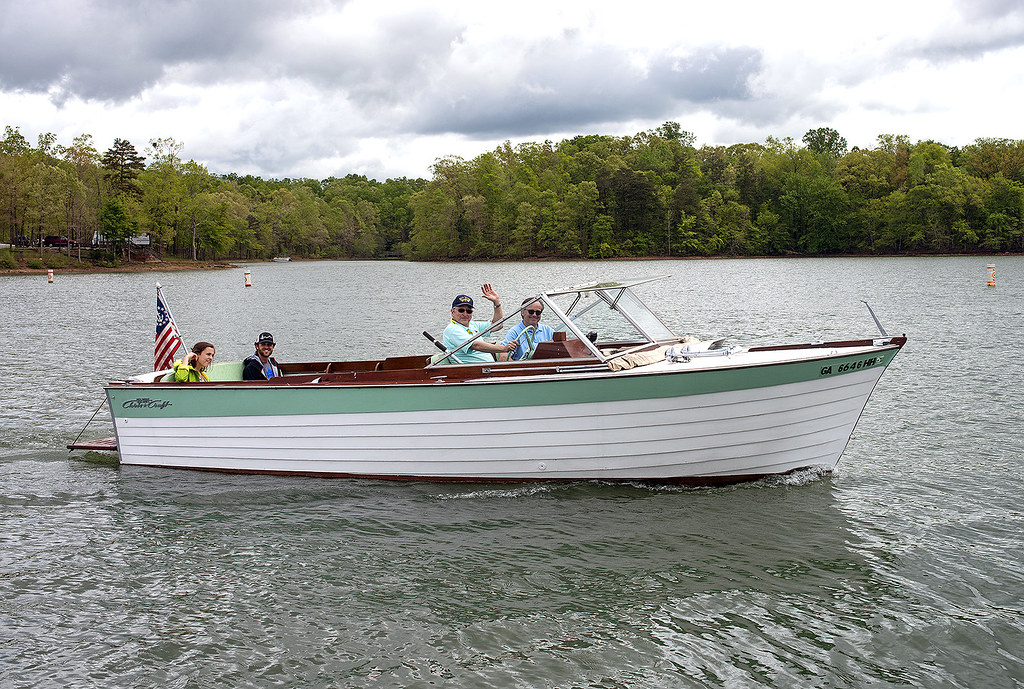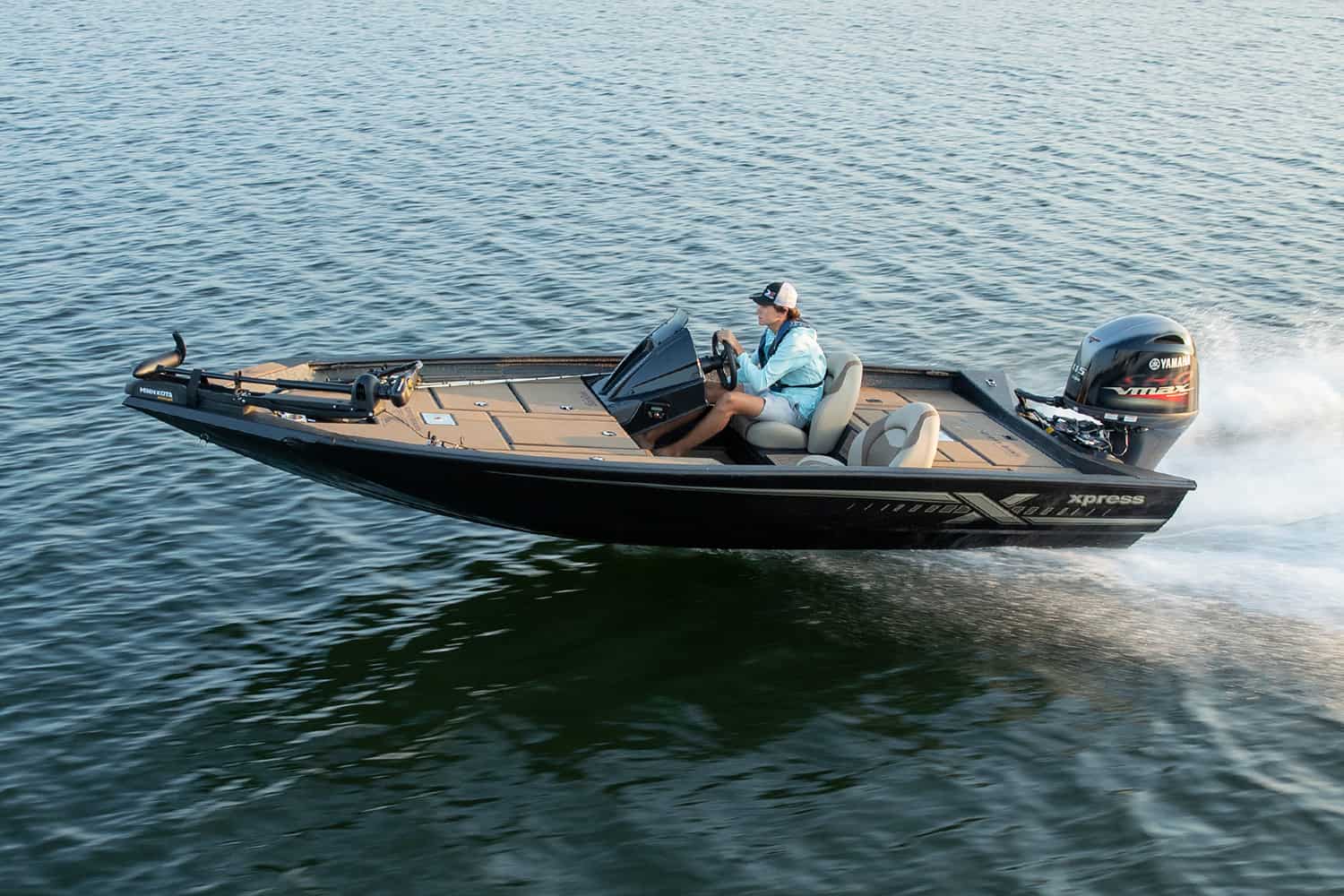Boating License- How to Get It Quickly
Getting a boating license is a crucial step to ensuring safety and legality while cruising the waterways. It's a legal requirement in many jurisdictions and also significantly improves your knowledge of boating safety rules. This blog post aims to guide you on a swift path to getting your boating license. Let's dive in!

Why Get a Boating License?
Before we explore the how, let's clarify the why. A boating license confirms that you've acquired the essential knowledge and skills to operate a boat safely. It serves as proof that you understand the rules of the water, navigation, emergency procedures, and boat handling.
Having a boating license may also reduce your boat insurance costs. Insurance companies often offer discounts to boaters who have completed a boating safety course and earned their license.

Step 1: Understand Your Local Requirements
Before embarking on the journey to acquire a boating license, it's essential to understand the specific boating laws in your area as they can vary widely from place to place. In some states, a boating license may be required only for certain types of boats or ages of operators.
For instance, in Texas, you must complete a boater education course if you're born on or after September 1, 1993, and will be operating a boat over 15 horsepower, a wind-blown vessel over 14 feet, or a personal watercraft. So, make sure you are aware of the regulations in your local jurisdiction.

Step 2: Choose a Boat Safety Course
After learning about the specific requirements in your area, it's time to choose a boating safety course. Many organizations offer these courses, including the U.S. Coast Guard Auxiliary, the American Red Cross, and private companies.
When choosing a course, check to see if it's approved by the National Association of State Boating Law Administrators (NASBLA). NASBLA-approved courses meet the recognized national standard for boating safety education.
Courses can be taken in-person or online. Online courses offer the convenience of learning at your own pace. However, some people may prefer the hands-on experience of an in-person course.

Step 3: Complete the Course and Take the Exam
The boating safety course will cover various topics, including boating laws, navigation rules, boat handling, and emergency procedures. After completing the course, you'll need to pass a final exam to earn your boating safety certificate.
While the course may seem daunting, don't be deterred. The knowledge you gain will help you become a safer, more confident boater.

Step 4: Apply for Your Boating License
After passing your boating safety course, it's time to apply for your boating license. The process for this will vary depending on your location. Some states automatically issue a boating license after you complete the course, while others require a separate application process.
In some cases, you might need to bring your boating safety certificate to a Department of Motor Vehicles (DMV) office or a similar agency to apply for your license. Make sure you have all the necessary documents before you go to avoid any delays.

Tips for Getting Your License Quickly
To speed up the process of getting your boating license, here are some handy tips:
Start Early: Don't wait until the boating season is in full swing. Start the process early to ensure you have your license in time for when you want to hit the water.
Choose Online Courses: Online courses allow you to learn at your own pace. You can easily fit your study time into your schedule, which can make the process faster and more convenient.
Prepare for the Exam: Take advantage of the resources provided by your
course provider. This often includes study guides, practice tests, and additional reading material. The more prepared you are for the exam, the higher your chances of passing on the first attempt, saving you both time and effort.
Complete all Paperwork Promptly: Ensure all the necessary paperwork is filled out correctly and submitted in a timely manner. This includes your boating safety course completion document and the boating license application. Delays in paperwork can significantly slow down the licensing process.
Follow Up: After you've submitted your application, don't forget to follow up. If you haven't heard back within the expected timeframe, get in touch with the relevant department to check on the status of your application.

Renewing Your Boating License
Remember, your boating license isn't a one-and-done deal. Many states require periodic renewal of your boating license. Make sure to mark your calendar with the renewal date to ensure that your license remains valid.
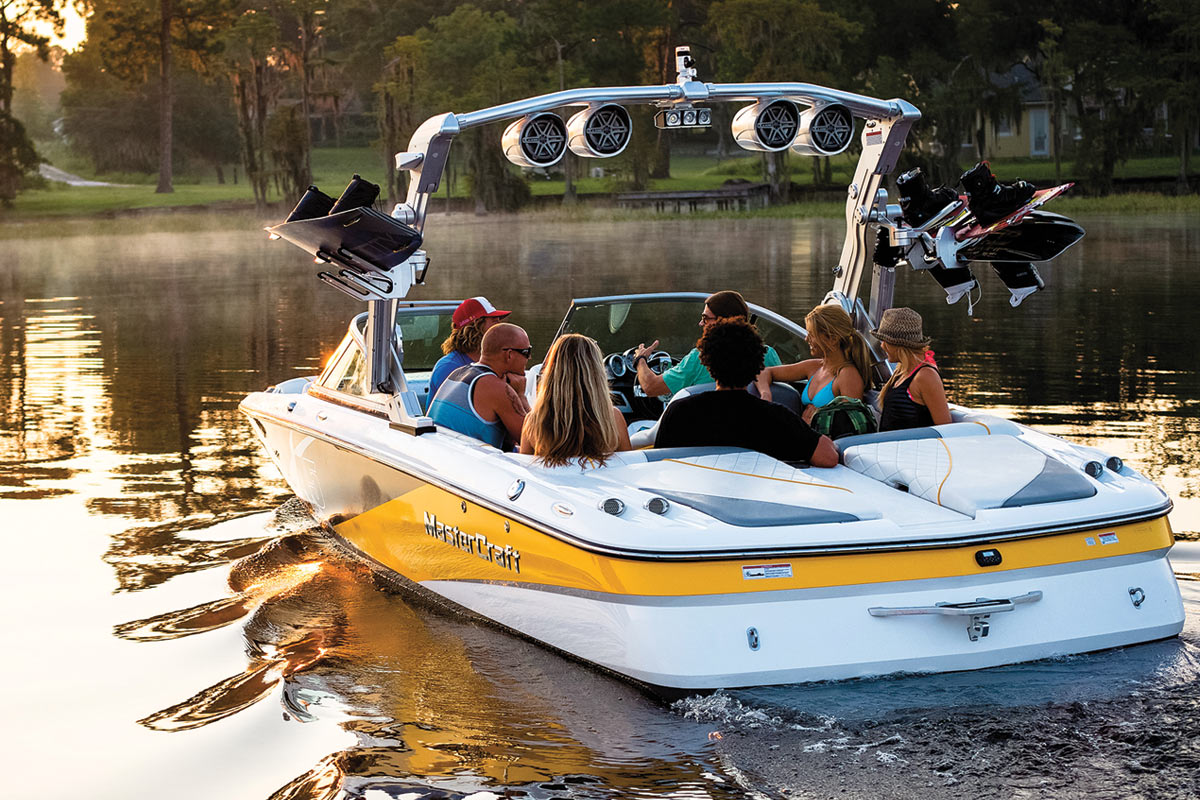
Conclusion
Getting a boating license may seem like a daunting task, but it's an essential step for any responsible boater. Not only does it legally authorize you to operate a boat, but the knowledge and skills you acquire during the process will help ensure your safety and that of others on the water.
By understanding your local requirements, selecting an appropriate boating safety course, preparing well for the exam, and promptly completing your application, you can expedite the process of getting your boating license.
So, what are you waiting for? Start your journey towards getting your boating license today and enjoy the freedom and fun of boating with the peace of mind that you're doing it safely and legally!
Welcome to Sea Magazine! Today, we have three special guests who have recently obtained their boating licenses quickly. We'll be discussing their experiences with boating safety courses, state voting licenses, and the importance of boating education. Let's get started!
Alex's Experience
Charlie: Alex, congratulations on obtaining your boating license quickly. Can you tell us about the process you went through to achieve this?
Alex: Thank you, Charlie. I took the Sikama safety courses, which are recognized by the state as a requirement for obtaining a boating license. They offer an online course that covers all the necessary topics related to boating safety and responsible boating. I completed the course at my own pace, and once I passed the final exam, I received my boating license.
Charlie: That sounds convenient. Did you find the online course to be effective in terms of providing boating education?
Alex: Absolutely! The online course was well-structured and comprehensive. It covered everything from the basics of boating to advanced topics like handling personal watercraft and wave boating. The course also included interactive modules and quizzes to ensure I understood the material thoroughly.
Charlie: That's great to hear. Did you face any challenges during the course, or was it a smooth process overall?
Alex: Overall, it was a smooth process. The online course was user-friendly, and the material was presented in a way that was easy to understand. Additionally, they provided customizable nautical maps and other useful resources that helped me prepare for the exam. It was a comprehensive learning experience.
Sarah's Experience
Charlie: Sarah, could you share your journey of successfully completing the boating safety courses?
Sarah: Certainly, Charlie. I decided to take the boating safety courses offered by the Power Squadron. They offer both online and classroom options, but I chose the online boating safety course to fit it into my schedule. The course covered all the mandatory education requirements for obtaining a boating license, and it was very informative.
Charlie: That's interesting. How did you find the online boating safety course in terms of accessibility and convenience?
Sarah: The online course was accessible from anywhere with an internet connection, and I could log in at any time that suited me. The course had a fee, but the convenience and flexibility it offered were worth it. I appreciated being able to study at my own pace and revisit specific topics as needed.
Charlie: That's a great advantage of online courses. Did you find any additional benefits or resources while obtaining your boating license?
Sarah: Yes, the Power Squadron's online course came with a mobile app, available for both iOS and Android devices. This app provided GPS navigation and customizable nautical maps, which were incredibly helpful while out on the water. It added an extra layer of safety and made boating more enjoyable.
Mark's Experience
Charlie: Mark, tell us about your experience in obtaining your boating license quickly.
Mark: Thank you, Charlie. I opted for an online boating safety course provided by a reputable business in Canada. The course was free and covered all the necessary topics for boating education. After successfully completing the course, I received my certification, which allowed me to obtain a boating license.
Charlie: That sounds like a great opportunity. How did you find the quality of the online course, considering it was free?
Mark: The online course was top-notch, despite being free of charge. It covered all the essential aspects of boating safety, and the content was informative and engaging. The course had its own online platform with interactive videos, quizzes, and resources. The instructors were knowledgeable and supportive, providing guidance throughout the course.
Charlie: That's impressive. Did the online course provide any additional resources or tools to enhance your learning experience?
Mark: Yes, the online course had a dedicated certification page with a link to download my certified boating license. It also had a section with links to useful websites and resources for further boating education. I found these resources valuable in expanding my knowledge and staying updated on boating safety practices.
Charlie: That's great to hear. In your opinion, how important is it to encourage boaters to undergo boating education and obtain a license?
Mark: Boating education and licensing are crucial for responsible boating. They ensure that boaters are equipped with the knowledge and skills to navigate the waters safely, minimizing risks to themselves and others. It's important to encourage boaters to undergo proper training and obtain licenses to promote a culture of safety on the water.
Charlie: Absolutely. Before we conclude, is there anything else you would like to note about your experience obtaining your boating license quickly?
Mark: I would like to emphasize that obtaining a boating license quickly doesn't mean compromising on the quality of boating education. There are excellent online courses available that provide comprehensive training and resources. It's important to prioritize safety and responsible boating practices while enjoying the recreational activities on the water.
Charlie: Well said, Mark. Thank you all for sharing your experiences and insights. It's clear that boating safety courses and education play a vital role in ensuring a safe and enjoyable boating experience. Remember, whether you choose online courses, classroom sessions, or a combination of both, make sure to prioritize your safety and stay certified. For more information on boating safety courses and obtaining your boating license, visit the respective websites and log on to their platforms. Thank you for joining us today, and happy boating!
Note: The information provided in this interview is based on fictional scenarios and is not intended to replace real-world advice or regulations. Always refer to official boating safety authorities and regulations in your specific region.
Charlie: Alex, during your process of obtaining your boating license quickly, did you have any interactions with the state voting license agency?
Alex: Absolutely, Charlie. The state voting license agency was the governing body responsible for issuing boating licenses in my state. They provided information on the mandatory education requirements and guided me through the process. It's important to reach out to the relevant agency in your state to ensure compliance with the regulations.
Charlie: That's a crucial step. Did you come across any fellow recreational voters during your boating safety courses?
Alex: Yes, I met several recreational voters during the course. We all shared a common interest in boating and a commitment to safety. It was great to connect with fellow enthusiasts and exchange experiences and knowledge. Boating education brings together a community of like-minded individuals who value responsible boating.
Charlie: That's fantastic. Now, did you need to present your driver's license as part of the boating license application process?
Alex: Yes, Charlie. In my state, presenting a valid driver's license was a requirement for obtaining a boating license. It serves as proof of identity and eligibility. The state voting license agency verifies your driver's license to ensure you meet the age requirements and other criteria for operating a boat.
Sarah's Experience
Charlie: Sarah, you mentioned your involvement in WAVVE boating. Could you tell us more about this?
Sarah: WAVVE boating stands for "Watercraft and Vessel Voter Education." It's an initiative that aims to promote boating education and safety. Through WAVVE boating, I was able to successfully complete my boating safety courses and obtain my license. It's a comprehensive program that prioritizes responsible boating practices.
Charlie: That's commendable. Did you come across any specific resources or tools, such as an IOS or Android app, during your boating education process?
Sarah: Yes, Charlie. WAVVE boating provided an IOS and Android app, which was incredibly convenient. I downloaded the Android app today, and it offered a wealth of information and tools. The app had interactive features, GPS navigation, customizable nautical maps, and even allowed me to connect with other boaters for social connectivity.
Charlie: That sounds like a comprehensive app. Did you find any financial benefits or savings start during your boating education journey?
Sarah: Absolutely! WAVVE boating offered financial incentives and discounts for completing boating safety courses. By taking advantage of these savings, I was able to invest in essential boating equipment and gear. It encourages boaters to prioritize education while making it financially rewarding.
Mark's Experience
Charlie: Mark, were there any specific classes or programs available to students during your boating education?
Mark: Yes, Charlie. There were various classes and programs tailored to different levels of boating experience. They offered beginner classes for new boaters and advanced courses for experienced individuals. The classes covered topics such as navigation, safety protocols, and emergency procedures, ensuring a comprehensive learning experience.
Charlie: That's great to hear. Were students of all ages encouraged to participate in these classes?
Mark: Absolutely. Boating education should be accessible to individuals of all ages. The programs I attended encouraged people from different age groups to enroll and enhance their boating knowledge. Regardless of your experience level, there's always something new to learn and improve upon.
Charlie: That's a fantastic approach. Lastly, did you notice any specific ways in which these boating education programs aimed to serve the community?
Mark: Yes, Charlie. The boating education programs I participated in had a strong emphasis on community service and outreach. They organized events and workshops to promote boating safety and responsible practices among boaters. Additionally, they collaborated with local organizations and authorities to raise awareness about the importance of boating education and safety measures.
Charlie: That's wonderful to hear. Boating education programs not only benefit the individual boaters but also contribute to the overall safety and well-being of the entire boating community. Thank you all for sharing your experiences and insights today. It's clear that boating safety courses, state voting license agencies, and ongoing boating education are essential for a safe and enjoyable boating experience. Remember to stay informed, educated, and always prioritize safety while out on the water. Thank you for joining us, and happy boating!
Note: The information provided in this interview is based on fictional scenarios and is not intended to replace real-world advice or regulations. Always refer to official boating safety authorities and regulations in your specific region.
Resouces that can help you get that boating license are State boating license agency, recreational boaters clubs, as they offer a free class & will help you until you achieve a successful completion.
Charlie is Editor-in-Chief of Sea Magazine

